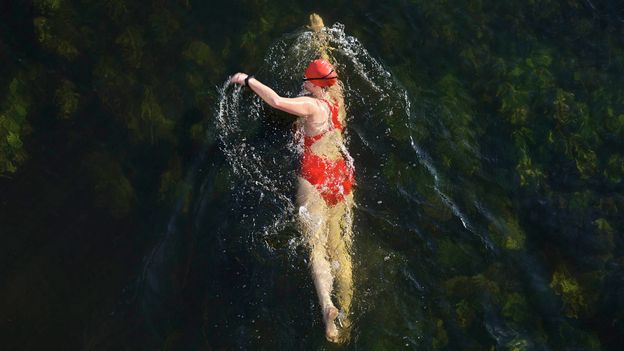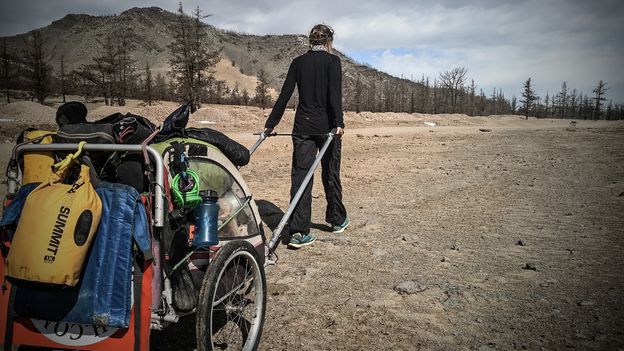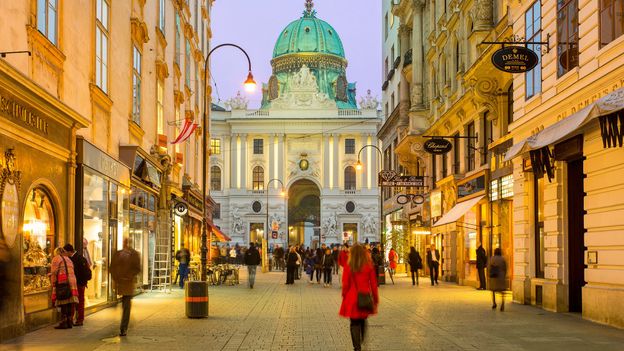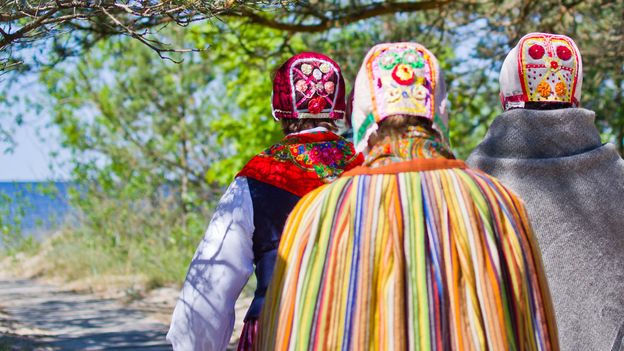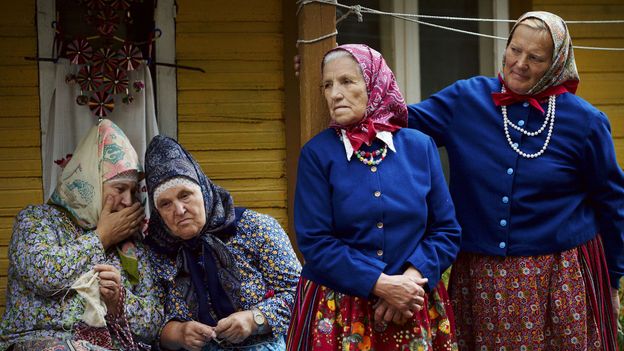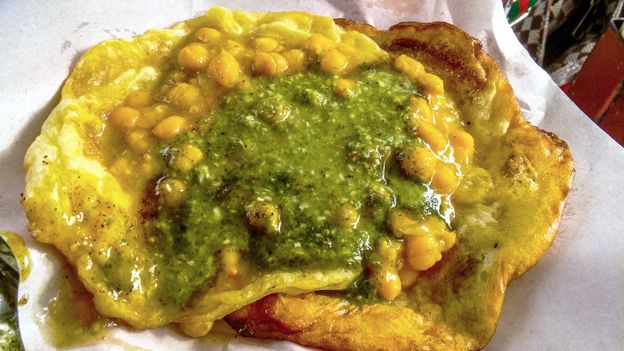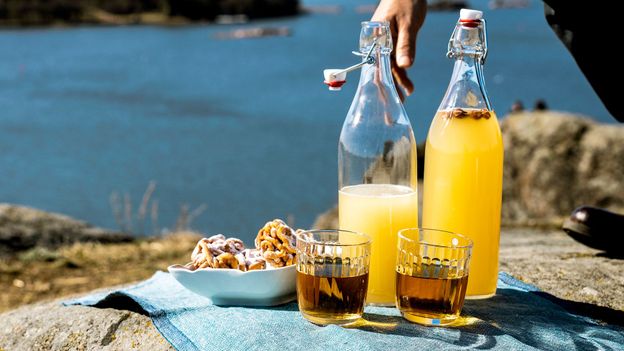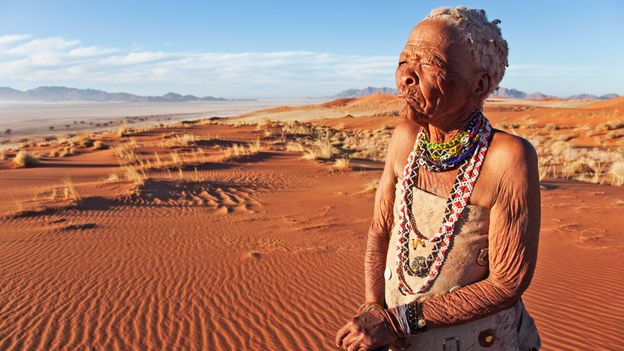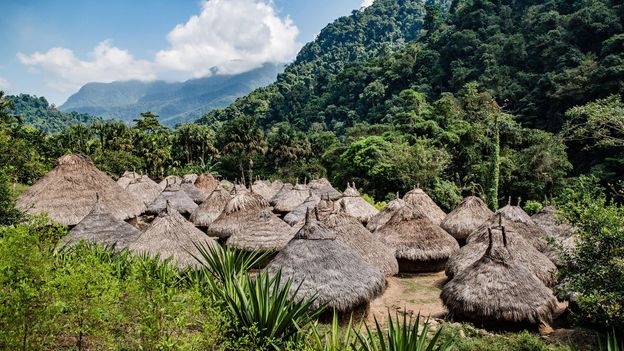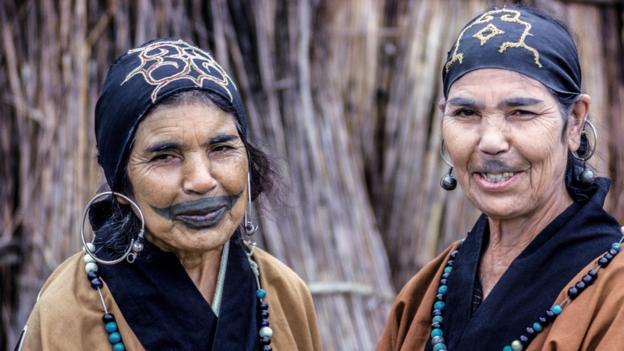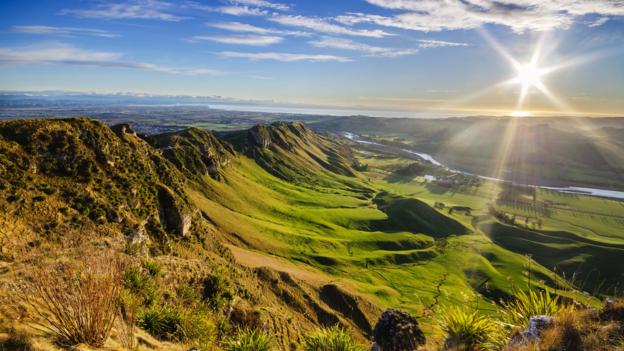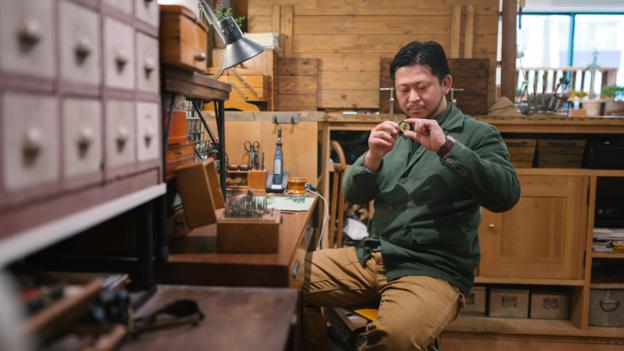With its turquoise waters and secluded shorelines, the small island of Formentera cast off the eastern coast of Spain boasts some of the most spectacular beaches of the world. Yet, most people don’t realise that much of this beauty is due to the endemic Posidonia Oceanica plant, an underwater grass that’s been called “the lungs of the Mediterranean”.
50 Reasons to Love the World – 2021
Why do you love the world?
“Because when I am diving among the Posidonia meadows, I feel the power of life through a plant that has the capacity to transform the [Mediterranean’s] seawater and the seashore” – Manu San Félix, marine biologist and underwater explorer
Named after Poseidon, the Greek god of the sea, this flowering “super plant” is the most widespread seagrass in the Mediterranean, living in tightly packed underground meadows that can stretch hundreds of kilometres in length and live more than 100,000 years – making it one of the oldest organisms on Earth. It’s also incredibly effective at filtering the water and producing oxygen. In fact, 1sq m of Posidonia produces as much oxygen as 1 hectare of the Amazon rainforest.
Despite EU legislation to protect the species, Posidonia is in grave threat of disappearing in the next few decades. A combination of pollution, increased fishing activity, untreated sewage dumped into the sea, and anchor-dragging from of an increasing number of boats off the Formentera coast has wiped out more than 30% of the Posidonia meadows in the last few years and threatened the Mediterranean’s ecosystem.
You may also be interested in:
• The world’s most radical chef
• Spain’s mysterious underwater temple
• The secretive business of hunting ‘Lucifers fingers’
For the last 30 years, Spanish underwater filmmaker, diving instructor and marine biologist Manu San Felix has dedicated his life to saving the precarious plant. From his diving centre in Formentera, he has raised awareness about the necessity of preserving Posidonia meadows and worked to protect more than 13,000 sea hectares of the Ses Salinas Natural Park between Formentera and Ibiza. Most recently, San Felix has mapped the seabed off Formentera’s coast and developed an app to show the location of Posidonia meadows so that boats can avoid mooring above.
As San Felix explained, he fell in love with Posidonia the first time he saw it. “Since then”, he said, “I am completely dedicated to the study, filming and spreading [of] the value of this plant,” so that future generations may enjoy its many benefits.
BBC Travel celebrates 50 Reasons to Love the World in 2021, through the inspiration of well-known voices as well as unsung heroes in local communities around the globe.
—
Join more than three million BBC Travel fans by liking us on Facebook, or follow us on Twitter and Instagram.
If you liked this story, sign up for the weekly bbc.com features newsletter called “The Essential List”. A handpicked selection of stories from BBC Future, Culture, Worklife and Travel, delivered to your inbox every Friday.

